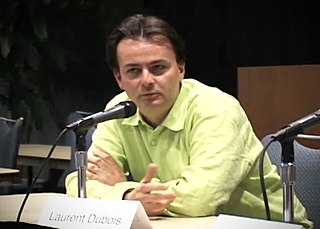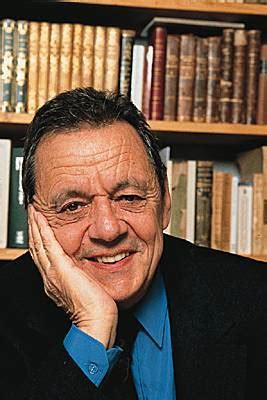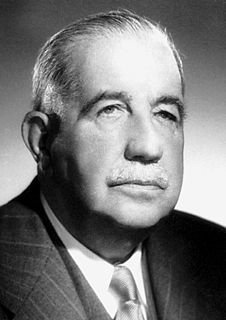A Quote by H. G. Wells
This is the end and the beginning of an age. This is something far greater than the French Revolution or the Reformation and we live in it.
Quote Topics
Related Quotes
A revolution without a prior reformation would collapse or become a totalitarian tyranny. A reformation means that masses of our people have reached the point of disillusionment with past ways and values. They don't know what will work but they do know that the prevailing system is self-defeating, frustrating, and hopeless. They won't act for change but won't strongly oppose those who do. The time is then ripe for revolution
In comparison to the French Revolution, the American Revolution has come to seem a parochial and rather dull event. This, despitethe fact that the American Revolution was successful--realizing the purposes of the revolutionaries and establishing a durable political regime--while the French Revolution was a resounding failure, devouring its own children and leading to an imperial despotism, followed by an eventual restoration of the monarchy.
We must think of human progress, not as of something going on in the race in general, but as something going on in a small minority, perpetually beleaguered in a few walled towns. Now and then the horde of barbarians outside breaks through, and we have an armed effort to halt the process. That is, we have a Reformation, a French Revolution, a war for democracy, a Great Awakening. The minority is decimated and driven to cover. But a few survive- and a few are enough to carry on.
The transformations of the French empire itself or of French power structures themselves as well as the emergence of a kind of language of equal rights starting with the American Revolution and the French Revolution provided an opportunity and in some ways connected with other kinds of ground level desires or hopes and ideologies for freedom that were coming out of the plantation regime itself.
The French Revolution, Fichte's Theory of Knowledge, and Goethe's Wilhelm Meister are the three greatest tendencies of the age. Whoever takes offence at this combination, and whoever does not consider a revolution important unless it is blatant and palpable, has not yet risen to the lofty and broad vantage point of the history of mankind.



































